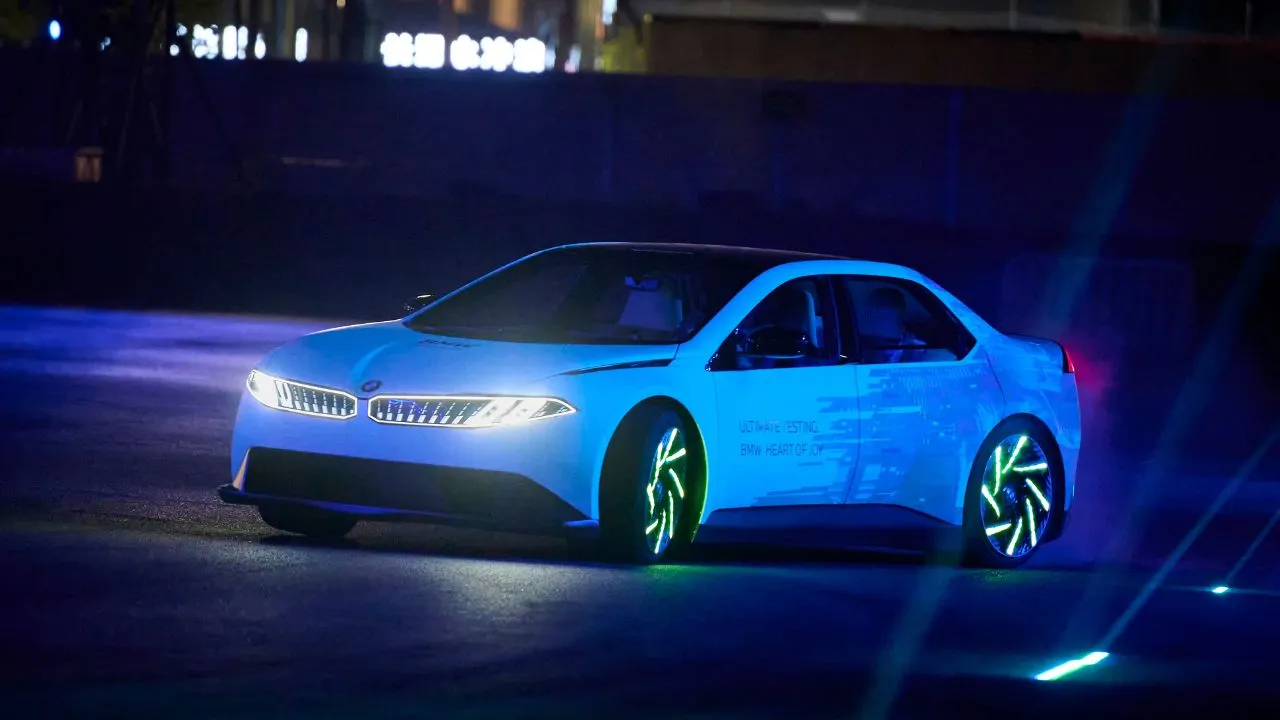BMW Chennai plant to switch to 100% green power
In order to reduce its carbon footprint and create a 'sustainable production' environment, BMW Group India has committed to convert to 100% green electricity by the end of 2020. In addition to this, the company will also launch water conservation and tree plantation initiatives.

In order to reduce its carbon footprint, BMW Group India has committed to convert to 100% green electricity by the end of 2020. In addition to this, the company will also launch water conservation and tree plantation initiatives.
BMW India is moving towards a ‘sustainable production’ future, as the company plans to introduce major operational changes at its manufacturing unit in Chennai. In order to do this, BMW’s Chennai plant will convert to 100% green electricity (solar), while water conservation and tree plantation initiatives will also be ramped up within the facility.
BMW India says that over the past few years, the company has replaced conventional energy sources with sustainable alternatives in a gradual manner. At present, up to 40% of the plant’s electricity requirements come through a 1350 kW Solar Photovoltaic system. By the end of 2020, the Chennai plant will completely run on green electricity, says BMW. In addition to that, BMW also says that its plant’s electricity consumption has been brought down significantly. Up to 50% savings have been achieved by installing LED lights alone, and fresh air fans have been replaced by energy-efficient high-volume low-speed (HVLS) fans, which save 30% electricity in the plant's ventilation system.
BMW also says that a new ‘Rainwater Harvesting Project’ is already in place at its Chennai plant since the beginning of 2020, and it stores up to 2,000 kilolitres and caters to up to 40% of the plant’s requirements. Additionally, BMW is also working on a recharge injection well project at 10 sites in Mahindra World City, which will be scaled up later.
Last but not least, a green belt has also been set up with around 2,000 trees of 31 different species as part of the company’s biodiversity pilot project. BMW has also planted around 4,000 local species trees in an area of 0.5 acres (within its 7.7 acres facility) to help build dense native forests with 10 times faster growth and 30 times denser plantation than usual. This, according to the company, will lead to annual C02 savings of 4,000 tons.
Also read,
2021 BMW 4 Series Coupe debuts with a big kidney grille
2021 BMW 5 Series facelift breaks cover







